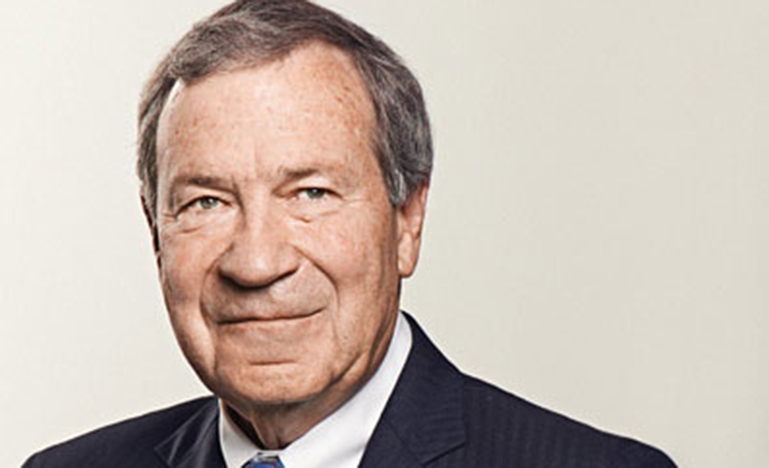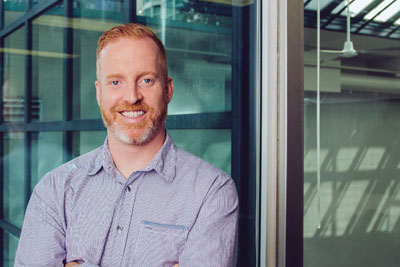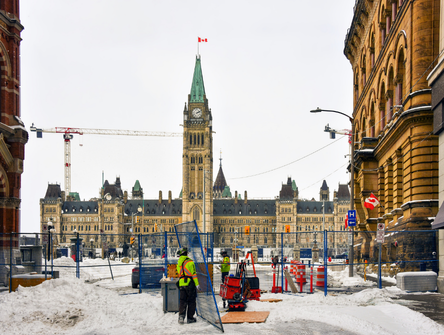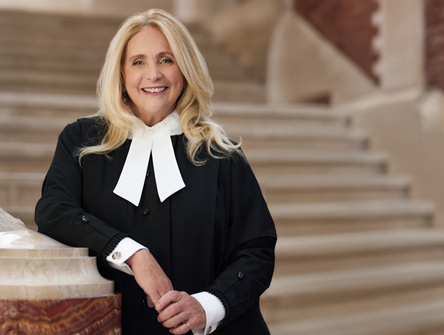The accessibility gap
Pro bono work is a time-honored tradition in the legal profession. But is it the best way to meet the essential legal needs of people who can't afford a lawyer?

“Are there any family lawyers in Nova Scotia doing any pro bono cases?” a broke single father asked a legal information website, a day before he had to appear in family court. He’d been told, erroneously, that he didn’t have the right to appear without a lawyer.
“Any idea if this concept still exists?” That plaintive post on justanswer.com sums up two of the key difficulties with pro bono legal services — they are not available with any degree of consistency on a national level. And even when they are, people don’t know where or how to find them, especially in the Atlantic provinces, Manitoba and the territories, where there are no formal pro bono organizations. Or they might not be able to find pro bono lawyers offering the expertise they need.
Most lawyers will, at some point in their careers, do some legal work for free, whether to advance a cause or case they believe in; advance their careers; out of a sense of duty or just for the good feeling they get from volunteering.
The Canadian legal system relies on lawyers’ sense of obligation to give back to their communities through pro bono legal services, which help bridge the gap between eligibility for legal aid and the ability to pay for a lawyer.
The size of that gap can be astounding: Access Pro Bono of British Columbia served 20,000 clients last year, giving free legal advice to about 14,000. Its 13,000 members each provided an average 41 hours of free legal services. Pro Bono Law Ontario helped 14,792 people everywhere from small claims court to the Supreme Court of Canada. That was only a small fraction of the one million people Legal Aid Ontario assists, but still an important number.
The CBA report Reaching Equal Justice, released last year, acknowledged pro bono’s critical place in the justice system but resists the idea that free legal services should be relied upon to meet people’s essential legal needs.
Trish Hebert, a lawyer at Gordon Zwaenepoel in Edmonton and a member of the CBA’s Access to Justice Committee, says there has to be a focus on creating a more sustainable bridge across the accessibility gap.
“We need proper funding for a publicly funded legal services system, especially for those essential legal needs and especially for people who can’t afford private legal services — and those are pretty big categories.”

Credit: Pierre-Louis Mongeau
Consistency and reliability of the service provided to meet essential legal needs is also an issue. People with low incomes know they can approach legal aid for assistance — it’s an accountable, transparent, organized system, whatever its other failings. But what about the people who don’t qualify for legal aid?
“We don’t want people who can’t afford services to have to go door-to-door to law firms saying, ‘can you help me for free?’ because that’s an extremely unreliable and unsustainable program,” Hebert says.
Where there is no formal pro bono program, the availability of pro bono services is “patchwork by definition” because people are doing it on a volunteer basis. People looking for legal assistance need a program that “won’t depend on where they live and who they know and whether they know to ask for a certain program that is a pilot project, or is something that’s being done out of the goodness of someone’s heart off the side of their desk … we’re just really looking for something more systemic, reliable — a sustainable way to provide those services.”
If the government wanted to fund more essential services through legal aid, the pro bono community would welcome any initiative with open arms, says Dennis O’Connor, Q.C., a former Ontario Court of Appeal judge who serves as counsel for Borden Ladner Gervais. Known for heading the Walkerton and Maher Arar inquiries, O’Connor is now a trustee with Pro Bono Canada, a charitable organization whose goal is to support and promote pro bono activities across Canada. “If legal aid expands we can direct the pro bono services elsewhere where there’s a need — because what seems obvious to anybody familiar with the system now is there are lots of needs. We’re not going to run out of needs. But if we did, hooray! Everything would be fine. … It’s just probably not going to happen in my lifetime,” O’Connor says.
“I don’t think it’s realistic to think that tomorrow or any time soon the government is going to say, ‘Okay, now we’re taking on to provide legal aid for everybody who can’t afford a lawyer in civil cases.’ That’s not going to happen.”
Michèle Moreau, CEO of the Canadian Institute for the Administration of Justice and a former executive director of Pro Bono Quebec, is less worried about the patchwork nature of pro bono services than about the fact that the population doesn’t know about them.
“The first difficulty with pro bono, I don’t think is the fact that it’s voluntary; it’s the fact that people who really need it don’t necessarily know who to go to. Because if you have a compelling story … I’m telling you, I’ve never seen a lawyer say no to a challenge like that,” says Moreau, who also serves as president of the CBA’s Quebec branch.
She believes the system, with its increasing number of self-represented litigants, is close to an exploding point. Still, she sees reason for optimism because groups are leaving their silos and are starting to set achievable goals and working together to achieve them.

Credit: Venturi+Karpa
“A lot of people are onboard now with that assessment that we need to do something, we can’t just talk about it anymore, we can’t just have nice conferences where we talk about ‘oh, what can we do?’ … We’re at the point where the actions have to be concrete.”
Jamie Maclaren, founding executive director of Access Pro Bono in British Columbia, acknowledges the concern that by organizing pro bono services, lawyers let governments off the hook in terms of funding essential legal needs. But he argues that if lawyers withdrew pro bono services, government would not step in to meet those legal needs.
“The fact is if these people don’t appear at our clinics, if they don’t call us for legal assistance and representation; they’re essentially not known to people in government or people seeking to increase access to justice,” he says.
“It’s a critical legal service in our mind and that being said, we don’t do so much that if [our services were] withdrawn the government would pay much notice to the situation and feel compelled to fund legal aid,” says Maclaren. He points out that provinces and territories without organized pro bono services don’t have significantly higher investment in legal aid. “What I think you see instead are just a population of people who are not as well served by lawyers generally.”
Maclaren believes there can be a “nice public/private type of partnership whereby volunteer lawyers through pro bono organizations are picking up the torch from legal aid lawyers who are paid a tariff.” Other keys to the access to justice problem include public legal education, more reliance on alternative dispute resolution, and “very dramatic reforms in our justice system that put the user first.”
Hebert notes that CBA policy calls for members to spend 50 hours a year on pro bono work, but it’s not fair to just keep asking lawyers to work for free. She notes that the Reaching Equal Justice report wasn’t just written for lawyers; it was written for a larger audience, including government.
“We’re not going to suggest that lawyers can solve the problem; we’re going to say everybody who has some responsibility for the part that is theirs needs to pick it up a notch.”


